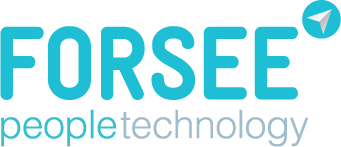Give managers and employees powerful insights into the individual drivers of performance and provide clear practical coaching plans to boost their performance.
We know our clients need to boost performance and meet talent expectations while maximising ROI from L&D investment. Forsee’s development solutions meet these challenges by accurately and efficiently:
- Identifying each person’s most important development needs for specific roles.
- Matching people with jobs and succession paths that will provide them with performance, engagement and success.
- Facilitating employee engagement by building specific competencies, accelerating leadership development, and enabling managers to coach and engage employees.
Forsee’s technology compares each employee’s unique talents to the specific requirements for high performance in their role. This ensures employees are in roles that leverage their talents and that the organisation’s objectives are aligned with the individual’s goals, passions, and expectations. This focus on enabling performance through employee satisfaction is a powerful weapon in the war for talent.
Forsee’s Enjoyment Performance Methodology builds talent relationships by giving importance to what individual employees want and need, while at the same time identifying a comprehensive set of factors related to job specific performance. This results in accelerated development and increased ROI.
Forsee’s development reports and analytics enable managers and HR professionals to coach employees based on their individual development needs and identify where training and development spend will produce the most ROI across and entire workforce.
Armed with an understanding of employee’s needs, wants, motivators and attitudes, managers can easily address behavioural gaps through dialogs that address mutual needs. Managers are also empowered with the tools to create effective employee development plans that target the employee’s greatest potential and motivation to grow.
Forsee’s Paradox Technology accurately determines whether a person’s behavioural tendencies are strengths or derailers in a given role. This is something most traditional assessments fail to do. It also provides employers with a way to emphasise what individuals are doing right, while at the same time encouraging balancing factors that will enhance performance and job satisfaction.
CFO: what happens if we train them and they leave?
CEO: what happens if we don’t and they stay?

